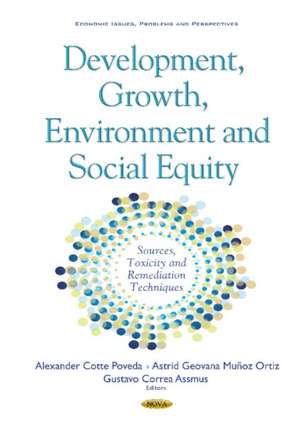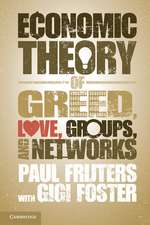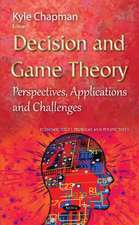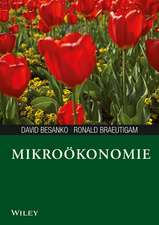Development, Growth, Environment & Social Equity
Editat de Alexander Cotte Poveda, Astrid Geovana Muoz Ortiz, Gustavo Correa Assmusen Limba Engleză Hardback – apr 2016
Preț: 1206.01 lei
Preț vechi: 1548.67 lei
-22% Nou
Puncte Express: 1809
Preț estimativ în valută:
230.76€ • 240.94$ • 190.99£
230.76€ • 240.94$ • 190.99£
Carte disponibilă
Livrare economică 14-28 martie
Preluare comenzi: 021 569.72.76
Specificații
ISBN-13: 9781634847803
ISBN-10: 1634847806
Pagini: 182
Ilustrații: illustrations
Dimensiuni: 155 x 230 x 15 mm
Greutate: 0.51 kg
Editura: Nova Science Publishers Inc
Colecția Nova Science Publishers Inc
ISBN-10: 1634847806
Pagini: 182
Ilustrații: illustrations
Dimensiuni: 155 x 230 x 15 mm
Greutate: 0.51 kg
Editura: Nova Science Publishers Inc
Colecția Nova Science Publishers Inc
Cuprins
For Complete Table of Contents, please visit our website at: https://www.novapublishers.com/catalog/product_info.php?products_id=57648











